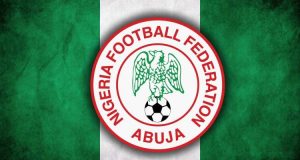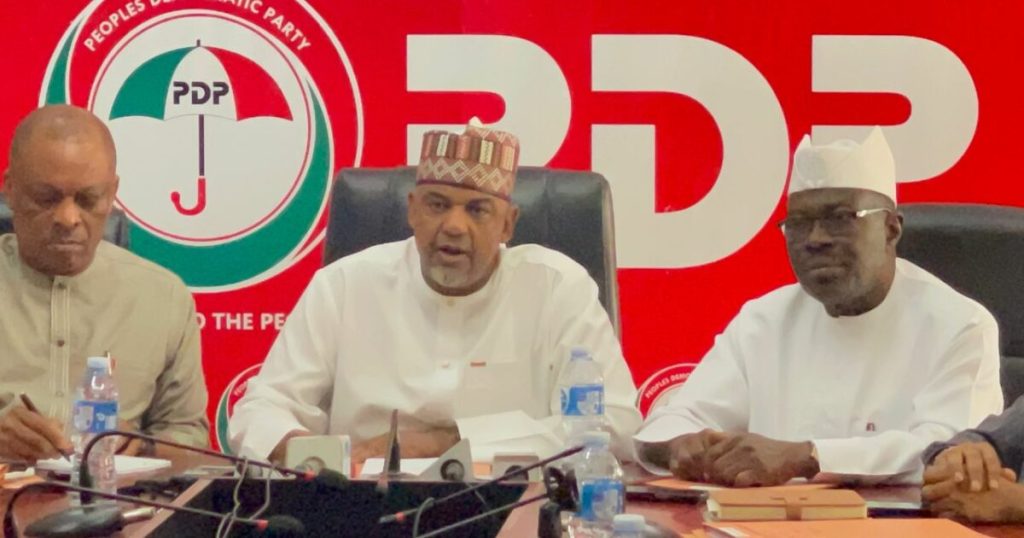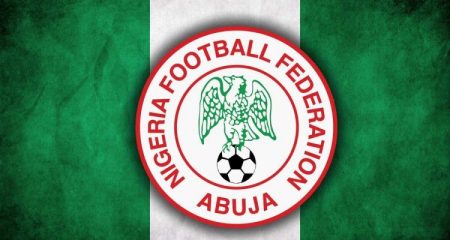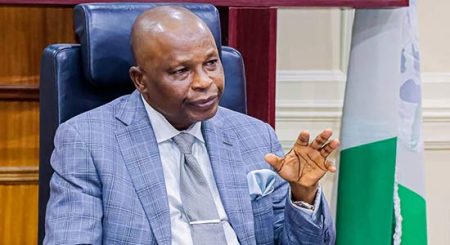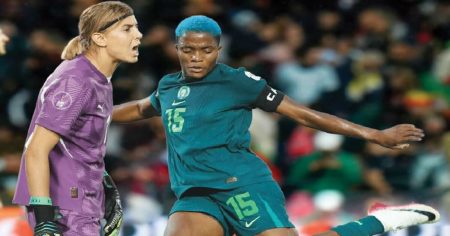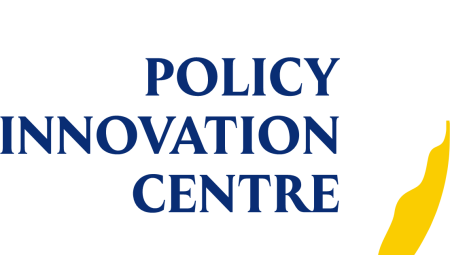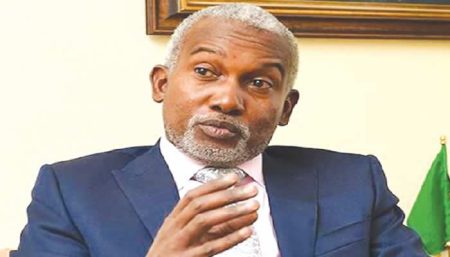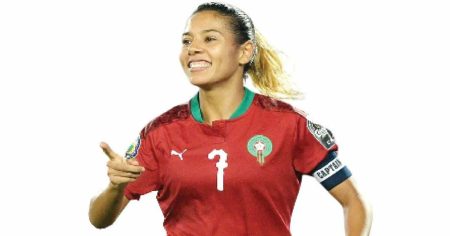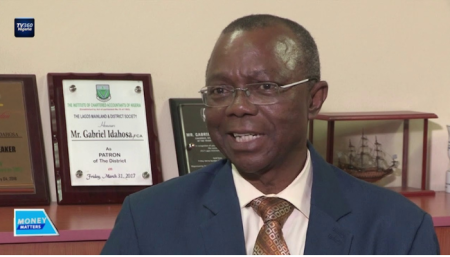The Peoples Democratic Party (PDP) is navigating a complex period of internal discord and realignment following the 2023 presidential election. Current party leadership, under Acting National Chairman Umar Damagum, insists on party unity and discipline while acknowledging the ongoing challenges. Damagum’s recent statements emphasize the PDP’s commitment to addressing internal issues and taking disciplinary action against members deemed to be undermining the party. This firm stance comes in the wake of disputes over leadership positions, most notably the position of National Secretary, and the subsequent defections of some members to other parties, including the emerging coalition platform under the African Democratic Congress (ADC). The party leadership aims to project an image of stability and resolve, emphasizing its history of internal conflict resolution and its enduring presence in the Nigerian political landscape.
The controversy surrounding the National Secretary position, ultimately resolved in favor of Samuel Anyanwu, highlighted the internal tensions within the PDP. While the resolution of this particular dispute was presented as a sign of the party’s ability to manage internal disagreements, it also underscored the deeper divisions that persist. The emergence of the ADC-led coalition and the support it has garnered from prominent PDP figures, including former Vice President Atiku Abubakar, has further complicated the situation. This coalition presents a direct challenge to the PDP’s claim to be the primary opposition force and raises questions about the party’s long-term strategy and cohesiveness. The PDP leadership is attempting to downplay the significance of these defections and alliances, framing them as isolated incidents rather than indicative of a broader trend.
The diverging stances on the ADC coalition have laid bare the fault lines within the PDP. While the party’s governors and the National Working Committee have explicitly rejected participation in the coalition, influential figures like Atiku Abubakar and former Senate President David Mark have actively promoted it. This division reflects not only differing political strategies but also underlying power struggles within the party. The coalition supporters argue that the PDP’s current leadership has failed to adhere to the party’s constitution and has allowed indiscipline to fester, necessitating the formation of an alternative platform to challenge the ruling All Progressives Congress (APC). This critique directly challenges the legitimacy of the current leadership and highlights the difficulty the PDP faces in presenting a united front.
The PDP’s current predicament is characterized by a delicate balancing act. On one hand, the party leadership must maintain a semblance of unity and discipline to retain credibility as a viable political force. On the other hand, it must address the legitimate concerns of its members, particularly those who feel marginalized or disenfranchised by the current leadership. The strong rhetoric employed by Damagum, warning against actions that undermine the party, suggests a determination to enforce discipline and prevent further fragmentation. However, this approach risks alienating those who are already considering alternative political alliances. The PDP’s success in navigating this challenging period will depend on its ability to strike a balance between asserting authority and fostering internal reconciliation.
The PDP’s claim to be the only party that has “mastered the art of conflict resolution” is being tested by the current circumstances. The party’s history is indeed marked by periods of internal strife and subsequent reconciliation. However, the current divisions appear more fundamental than previous disagreements, raising questions about the party’s capacity to resolve them effectively. The defections to the ADC coalition are not merely isolated incidents but represent a significant challenge to the PDP’s authority and relevance. The party’s ability to overcome this challenge will depend not only on its leadership’s ability to manage internal dissent but also on its capacity to present a compelling vision for the future of Nigeria that can resonate with voters disillusioned with the current administration.
The PDP’s future trajectory will depend on its response to the complex interplay of internal and external pressures. Internally, the party must address the grievances of its members and find a way to bridge the divide between those who support the current leadership and those who advocate for alternative political alliances. Externally, the party must contend with the dominance of the APC and the challenge posed by the emerging ADC coalition. The PDP’s success in the 2027 elections will hinge on its ability to present a unified and cohesive front, articulating a clear and compelling alternative to the current government. The party’s emphasis on its experience and its ability to resolve internal conflicts may not be sufficient to convince voters that it is capable of providing effective leadership and addressing the country’s numerous challenges.



